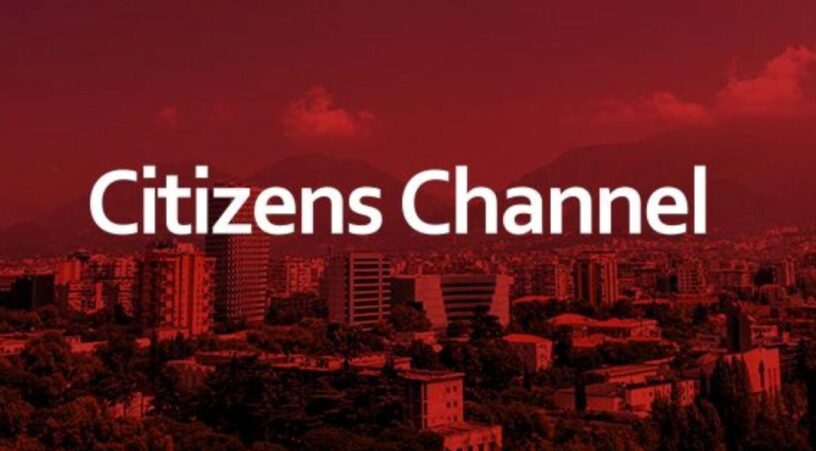A major cyber attack on the online media outlet Citizens Channel by unknown perpetrators has raised fresh concerns about media freedom and access to independent information in Albania.
After its posts were removed from Facebook as “spam content”, allegedly in a “coordinated way”, Citizens Channel media experienced a cyber attack on its website, suspected to be a DDoS, or Distributed Denial-of-Service. The Albanian online media organisation changed its website on Thursday.
“The SafeJournalists network is concerned about coordinated efforts to undermine the Citizens Channel, a non-profit and independent media outlet in Albania,” the organisation Safe Journalists declared on Wednesday.
“The first 10 posts were removed from the Facebook platform on Tuesday evening … and [then] some articles that were about the occupation of public space by companies in construction etc”, Lorin Kadiu, director of Citizens Channel, told BIRN.
“The next day this escalated with the removal of hundreds of posts which practically removed about 80-90 per cent of the content we have on Facebook and there are very few things left. In addition, we faced an increased attack on the web and therefore … [it] seems to us that the attack was coordinated,” Kadiu added.
He said they are now focused on a new website that they have created and with time they will try to understand why and how the attack happened.
“We also feel professionally insulted that they reported us as spam content while we spend a lot of time to get the facts right and we will certainly continue our work,” Kadiu concluded.
Citizens Channel is financed by donors are is not connected with any local business, It is widely perceived as having a good reputation and its reporting is mostly focused on human rights, public spaces, environmental issues and public money.
Blerjana Bino, from Safe Journalists Albania, told BIRN that “the profile, work and security of Citizens (Channel) has been compromised”.
“At the same time, so it our right as citizens to have independent information. There remains only propaganda applied on social networks with bots and trolls. The space for quality critical and independent journalism is narrowing, as well as the opportunities for quality information,” Bino told BIRN.
She added that other media have reported the same concerns, and the consequences in these cases are higher compared to media that have more financial means and bigger audiences.
“It took years of work to achieve reach to audiences, which for niche media like CC is essential. and with a coordinated attack this is lost in a few hours and difficult to be achieved again,” she added.
Megi Reci, a lawyer and researcher on digital security at the Institute for Democracy and Mediation, IDM, said these attacks must be probed. “There is a need to investigate these organised attacks, as well as show solidarity and technical support for those who face them because of their work in defence of the public interest,” Reci told BIRN.
“It is also necessary to initiate a long overdue discussion on the responsibility of large online platforms such as Facebook/Meta in censoring legitimate material, undermining freedom of expression, but also in other human rights violations,” she added.
In 2023, Albania was ranked in 96th place in the press freedom index compiled by international watchdog Reporters Without Borders, RSF.
In its most recent report on Albania’s progress towards EU accession, the European Commission said that “no progress” had been made in terms of media freedom.
“Journalists critical of the government are often subjected to political attacks designed to discredit them, and they have trouble accessing state-held information. A recent centralisation of government communication could result in further restrictions on access to state-held information,” Reporters Without Borders said.



